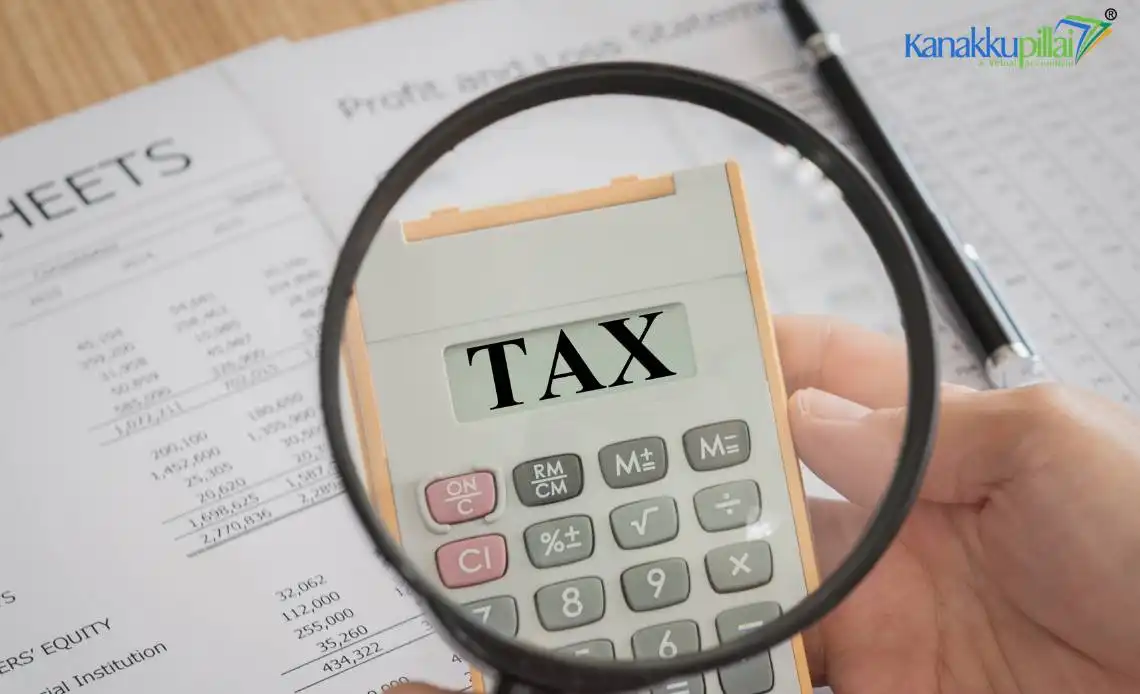Tax Deducted at Source (TDS) is a crucial mechanism instituted by the Indian government for collecting taxes directly at the source of income. In this comprehensive guide, we will delve into the details of TDS, its various aspects, and its significance for both taxpayers and the government.
What is Tax Deducted at Source (TDS)?
TDS, which stands for Tax Deducted at Source, is a system where a person or corporation making specific payments is required to deduct a percentage of tax before making the payment to the recipient. This deducted tax amount is then directly deposited with the government. TDS is levied on various types of payments, including salary, interest, rent, professional fees, commission, contractual payments, dividends, and more. The rates of TDS can vary depending on the nature of the payment and the regulations of the Income Tax Act.
Key Aspects of TDS:
- Filing of Income Tax Return (ITR): It’s important to note that TDS does not exempt individuals from the necessity of filing an Income Tax Return. If one’s income exceeds the basic exemption limit, they are required to file an ITR, regardless of whether TDS has been deducted.
- Illustrative Example: To better understand TDS, let’s consider an example. In the fiscal year 2022-23, if you receive a total salary of Rs. 6,00,000 (or Rs. 50,000 per month) and no additional income, your Gross Total Income (GTI) surpasses the basic exemption limit (Rs. 2,50,000), resulting in a tax liability when you file your return. We will explore scenarios with and without TDS under Section 192 to clarify the concept.
Objectives of TDS:
TDS serves several crucial objectives:
- Revenue Collection: TDS ensures a consistent flow of money to the government by collecting taxes in advance from individuals and corporations, thereby boosting government revenue.
- Compliance and Monitoring: It functions as a system for monitoring various financial transactions, helping in the prevention of tax evasion.
Advantages of TDS:
The advantages of TDS include:
- Convenience: TDS simplifies tax collection for both payers and recipients.
- Regular Government Income: It provides a regular source of income to the government.
- Reduces Tax Evasion: TDS reduces the chances of tax evasion.
- Enhances Tax Compliance: It encourages tax compliance among taxpayers.
Types of TDS:
TDS applies to various types of payments, including:
- Salary
- Amount under LIC
- Bank Interest
- Rent Payment
- Commission Payments
- Compensation on Acquiring Immovable Property
- Consultation Fee
- Deemed Dividend
- Interest on Securities and Interest Apart from Interest on Securities
- Professional Fee
- Remuneration Paid to the Director of a Company
- Transfer of Immovable Property
- Winnings from Games like Crossword Puzzles, Cards, Lotteries, etc.
How Does TDS Work?
Understanding the operational aspect of TDS is crucial:
- The TDS deductor is required to have a TAN number (tax-dedication account number or tax-collection account number) and should quote it at the time of making the payment to the beneficiary.
- The deducted TDS amount is deposited with the government on behalf of the recipient through Challan 281 by the seventh of the next month from the date of collection.
- The deductee can verify the deducted TDS amount from Form 16/16A and claim credit for it while filing the income tax return. Excess TDS can be refunded.
When and Who Should Deduct TDS?
TDS is deducted by entities making payments subject to the Income Tax Act. Some entities that must deduct TDS include:
- Employers (for employee salaries)
- Banks and Financial Institutions (for interest payments to depositors)
- Contractors and Sub-contractors (for payments related to work or services)
- Principals (before paying commissions to agents)
- Service Providers (individuals and businesses for professional or technical services)
- Renters (individuals and corporations for rent payments to landlords)
Conclusion
Understanding TDS is crucial for both taxpayers and businesses. It plays a pivotal role in the government’s revenue collection and ensures tax compliance. If you have further questions or need assistance with TDS-related matters, don’t hesitate to contact Kanakkupillai for expert guidance.





